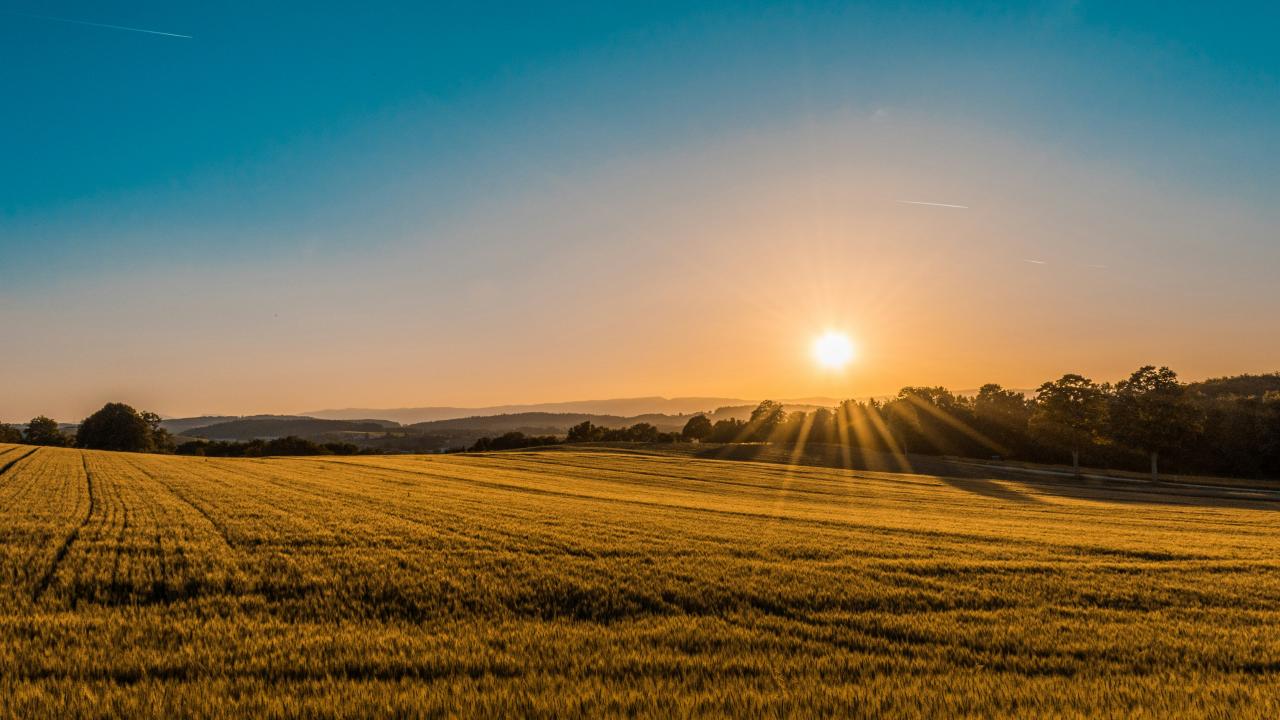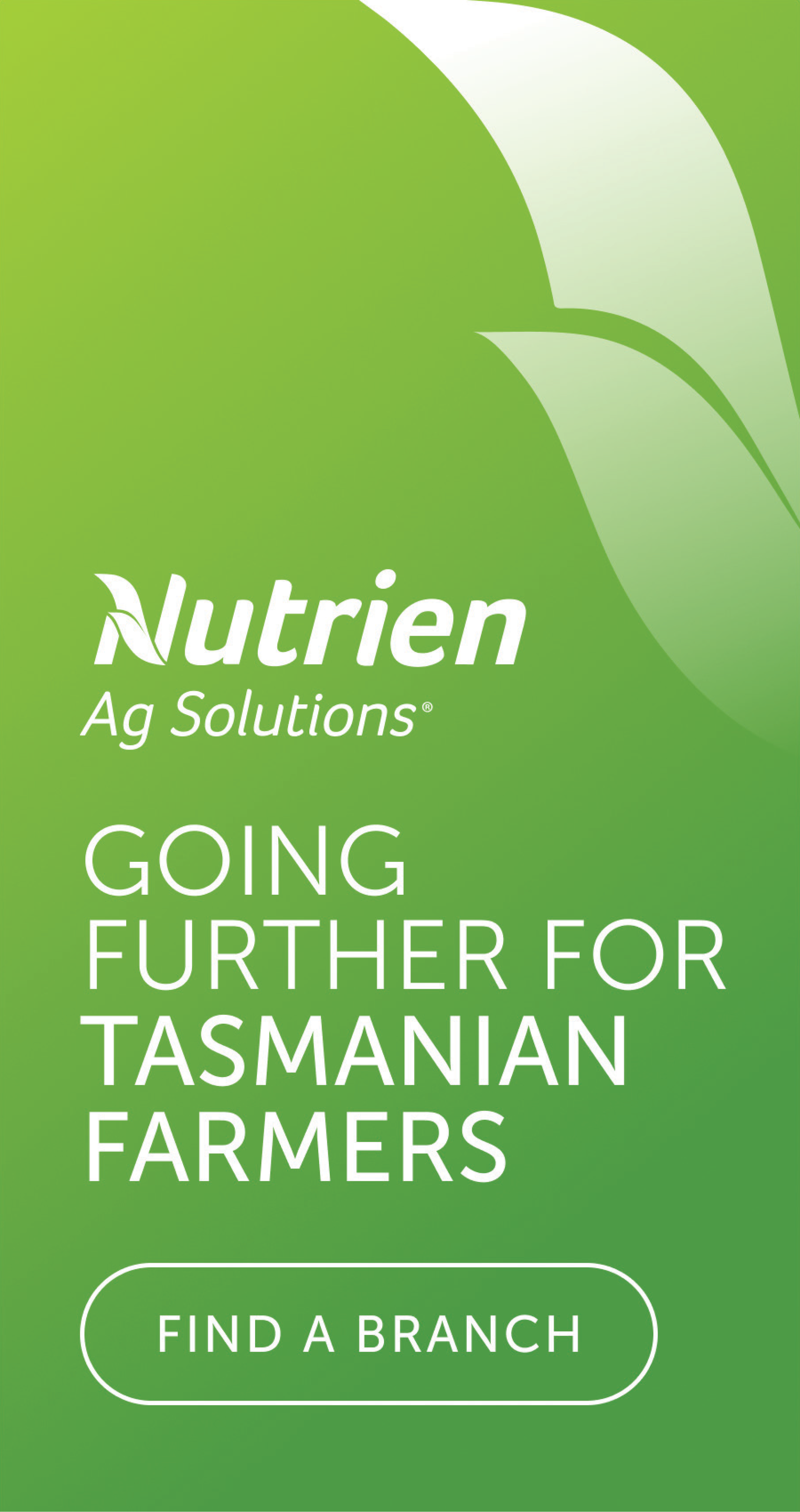King Island’s lesson for farming

THERE’S cautious optimism on King Island, as the community recovers from the worst drought in over 100 years.
However, several persistent challenges remain, particularly around shipping and prepared ness for farming in a less predictable climate.
Farmers are adopting more proactive strategies during extreme events, including selling livestock earlier rather than holding onto cattle for “normal” periods.
The dry spell on the island and statewide has served to underscore the importance of making timely decisions, and moving forward, the focus will be on benchmarking farm operations to understand the trigger points for making decisions.
Despite more favourable weather conditions, some parts of the island remain very dry, with low sub-soil moisture.
While conditions have improved compared to 12 months ago, it is vital to apply the lessons learned during this challenging period as they remain front of mind.
By measuring and monitoring key metrics, farmers can better determine when to act, aiding in both recovery and long-term resilience. King Island farmers, known for their adaptability, prefer to prepare rather than rely on government assistance.
To support recovery efforts, TasFarmers will maintain a strong presence during recovery and assist properties in developing resilience plans.
These plans go beyond drought recovery to encompass comprehensive strategies for water management, feed supplies, and destocking based on rainfall deficits.
A key insight from the last 12 months is that feed short ages can often be mitigated through importation, however, a lack of water presents an insurmountable challenge. In response, some farmers are already implementing innovative solutions, such as establishing water-sharing net works with their neighbours.
Benchmarking has an added advantage in that we can also learn from our neighbours who are doing well and accelerate our learning which is some thing we can collectively learn from as a sector.
A well-structured plan will guide future key decisions by identifying the risks a business faces and assessing the impact on a farms sustainability, productivity, and, ultimately, profitability.
In the long term, a compre hensive shipping plan for the island will be a critical driver of profitability.
However, the government has yet to resolve this issue.
Any effective strategy must consider the needs of farming alongside other key industries, such as mining and the emerging tourism sector, to develop a sustainable and efficient solution for shipping logistics.
Support for diversification of the island economy is vital, as the success of farming and other industries hinges on reliable shipping infrastructure.
Shipping underpins the island’s establishing water-sharing net works with their neighbours.
Benchmarking has an added advantage in that we can also learn from our neighbours who are doing well and accelerate our learning which is some thing we can collectively learn from as a sector.
A well-structured plan will guide future key decisions by identifying the risks a business faces and assessing the impact on a farms sustainability, productivity, and, ultimately, profitability.
In the long term, a comprehensive shipping plan for the economy, connecting producers to markets and ensures the viability of both traditional and new enterprises.
Without a robust shipping plan, the potential for growth and resilience across industries will remain limited.




Add new comment